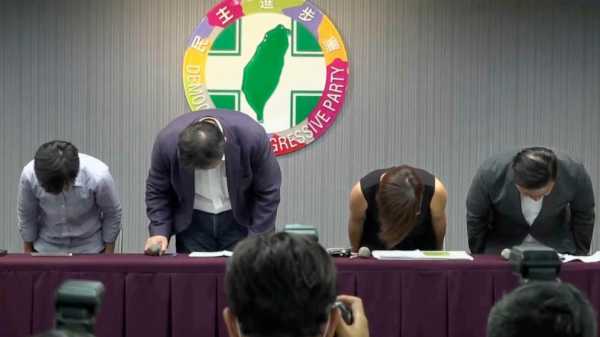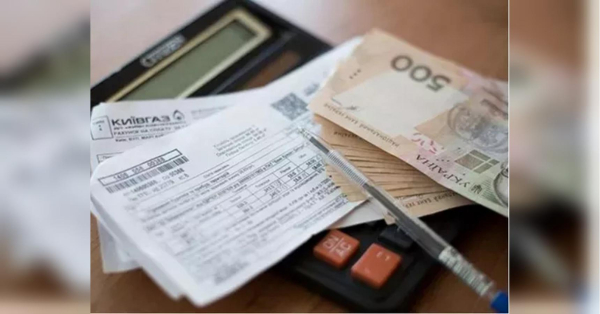
TAIPEI, Taiwan — Taiwan amended three laws governing sexual harassment in a special session of the legislature, after a wave of #MeToo accusations hit the island in June.
The changes approved Monday include higher penalties and longer periods for victims to come forward and report an incident to authorities. The changes are an attempt to address the issues raised by the recent accusations of sexual violence in Taiwan.
Taiwan has three laws governing sexual harassment: one for the workplace, one for schools and one that covers spheres outside those two domains.
Under the workplace law, employers can now be fined up to 1 million New Taiwan Dollars ($31,680) if they fail to address sexual harassment complaints. Employers are also required to report cases to the local division of their labor department.
The education law, amended last Friday, explicitly makes it illegal for educators to have a romantic relationship with students under the age of 18. Further, principals and teachers who fail to report to the Ministry of Education a sexual harassment allegation within 24 hours can be fined.
Legislators also extended the penalty for sexual harassment to three years in jail under the Sexual Harassment Prevention Act, and raised the heaviest fine to 600,000 New Taiwan dollars ($19,000).
Taiwan's #MeToo movement was reignited in May when a young woman who worked for the ruling Democratic Progressive Party accused film director Hsueh Chao-hui of groping her and making unwanted sexual advances.
Chen Chien-jou, who identified herself publicly while making the accusation, wrote that she did not just want to let it go, quoting a line from a Taiwanese TV show called Wavemakers. More accusations of sexual harassment followed from other Taiwanese women against politicians, before spreading to other areas including entertainment, music and schools.
The new amendments also plug in certain loopholes, such as requiring small businesses and companies with fewer than 30 people but more than 10 to set up mechanisms for reporting sexual harassment. Small businesses were previously exempt from such a requirement.
More than 90% of businesses in Taiwan have 30 people or fewer, said Chen Wan-hui, a legislator in the Taiwan People's Party.
Sourse: abcnews.go.com






